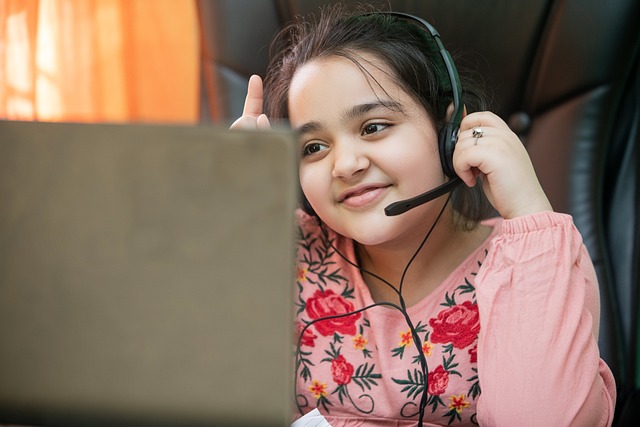The digital age has transformed couples therapy towards virtual sessions, enabled by technology and growing online acceptance. While offering convenience, accessibility, and cost-effectiveness, successful virtual counseling requires strong internet connections, digital literacy, comfort with video conferencing, and privacy considerations. Though effective for diverse needs, face-to-face interactions remain preferable for complex emotional issues. Therapists must set clear guidelines, minimize distractions, and use visual aids to create a structured agenda focusing on shared goals and interactive activities, ensuring a supportive online environment.
In today’s digital age, video call relationship sessions have emerged as a game-changer in the realm of couples counseling virtual. With the rise of remote communication, many are turning to online therapy for its convenience and accessibility. This article explores the benefits and considerations of virtual couples counseling, offering insights into creating a safe and engaging environment for therapy through video calls. We also provide effective strategies for conducting productive relationship sessions online.
- The Rise of Virtual Couples Counseling: Benefits and Considerations
- Creating an Engaging and Safe Video Call Environment for Therapy
- Effective Strategies for Conducting Productive Relationship Sessions Online
The Rise of Virtual Couples Counseling: Benefits and Considerations

The digital age has seen a remarkable rise in couples counseling virtual sessions, transforming traditional therapy methods. This shift is driven by advancements in technology and the growing acceptance of online interactions for personal growth and support. Video call relationship sessions offer several benefits to couples seeking guidance. They provide convenience, eliminating geographical barriers, allowing individuals to access professional help from the comfort of their homes. Moreover, virtual counseling can be more cost-effective, making therapy more accessible to a broader range of couples.
However, there are considerations to keep in mind. The efficacy of online sessions relies heavily on strong internet connections and digital literacy. Couples must feel comfortable using video conferencing tools, ensuring privacy and minimizing distractions. While couples counseling virtual services expand accessibility, they may not suit every relationship dynamic or personal preference. Some individuals still prefer face-to-face interactions for complex emotional issues. Nonetheless, the rise of virtual counseling underscores the evolving landscape of mental health support, catering to diverse needs in today’s interconnected world.
Creating an Engaging and Safe Video Call Environment for Therapy

Creating a comfortable and engaging virtual space is essential for successful couples counseling. When facilitating video call therapy sessions, therapists should prioritize establishing clear guidelines to ensure a safe environment. This includes setting expectations regarding privacy, muting background notifications, and encouraging clients to minimize distractions like family members or pets entering the frame.
The virtual setting offers unique opportunities for interaction, allowing therapists to utilize visual cues and screen sharing to enhance communication. For instance, displaying relevant resources or exercises during sessions can make therapy more interactive. Additionally, maintaining open lines of communication about technical issues ensures a smooth experience, fostering trust and encouraging clients to actively participate in their couples counseling virtual sessions.
Effective Strategies for Conducting Productive Relationship Sessions Online

Conducting productive relationship sessions online, or virtual couples counseling, requires a shift in approach to engage partners effectively. Firstly, establish clear communication guidelines from the outset. Ensure both individuals feel comfortable expressing their thoughts and emotions openly. Create a structured agenda for each session, focusing on specific topics relevant to the couple’s dynamics. Start with setting goals together; this shared purpose fosters collaboration. Utilize video call features like screen sharing to facilitate co-creation of solutions, allowing partners to see each other’s perspectives simultaneously.
Encourage active listening by pausing frequently and summarizing what’s been said to ensure understanding. Incorporate interactive activities such as virtual exercises or games that promote empathy and connection. Maintain a safe, non-judgmental space where emotional vulnerabilities are respected. Regularly check in on each other’s technical experience to address any distractions, ensuring the online environment supports productive communication for couples counseling.
Video call relationship sessions, or virtual couples counseling, have gained significant traction in recent years. By leveraging technology, this approach offers numerous benefits such as increased accessibility, convenience, and reduced barriers to mental health support for relationships. However, creating an engaging and safe video call environment, coupled with effective online session strategies, is crucial for ensuring productive outcomes. As the demand for virtual counseling continues to grow, professionals must stay informed about best practices to help couples foster healthy connections, even from a distance.






